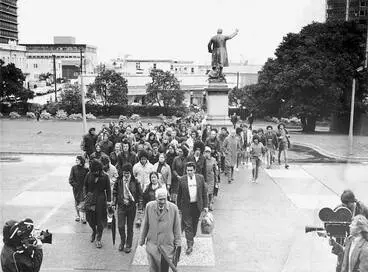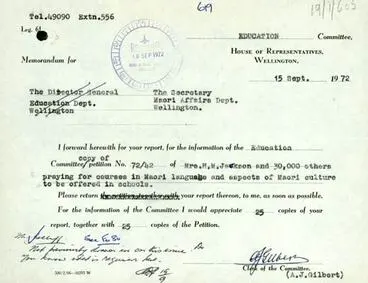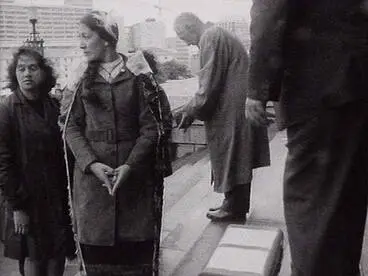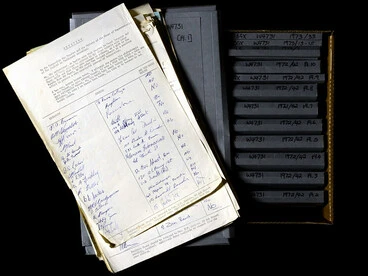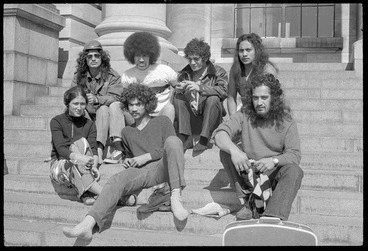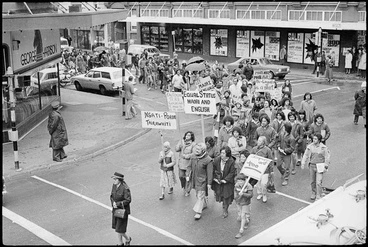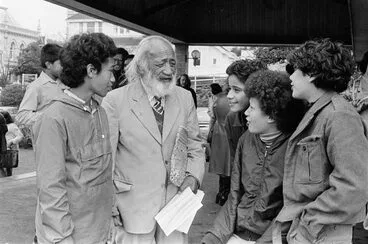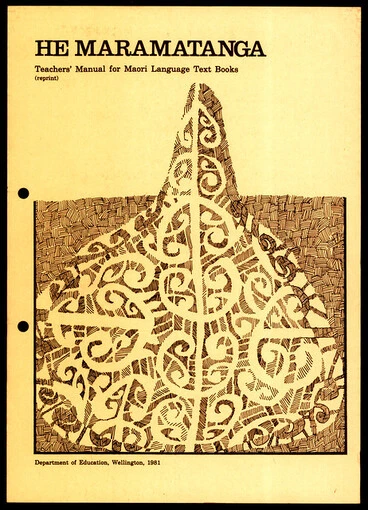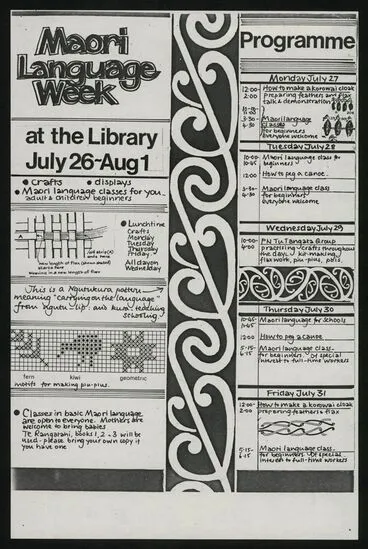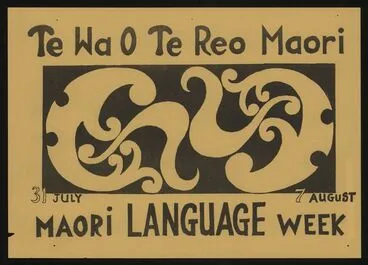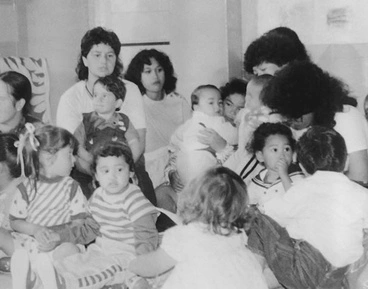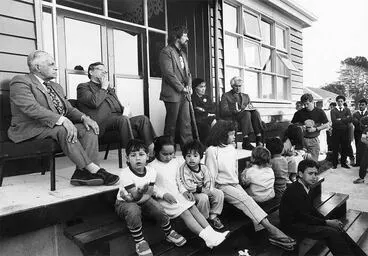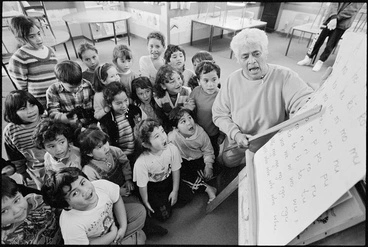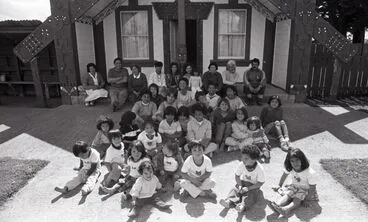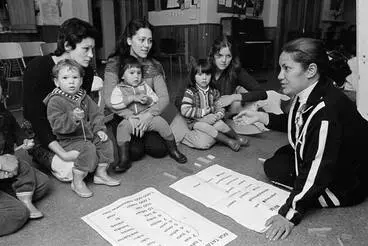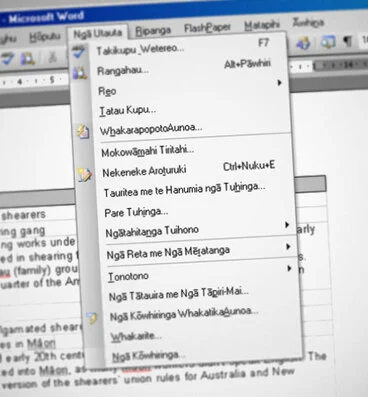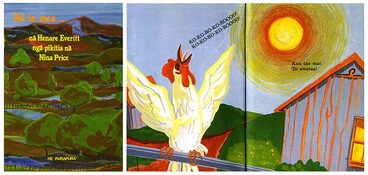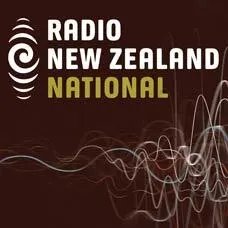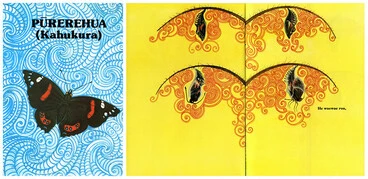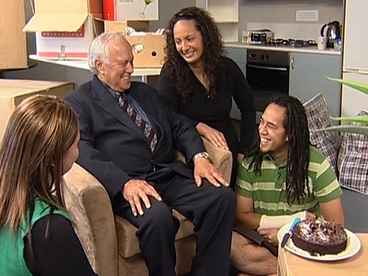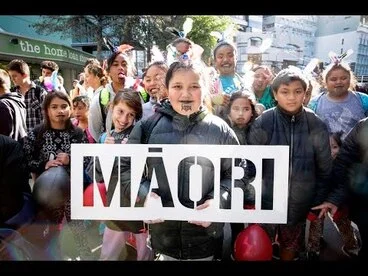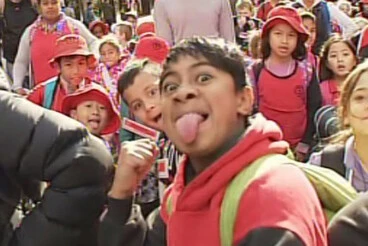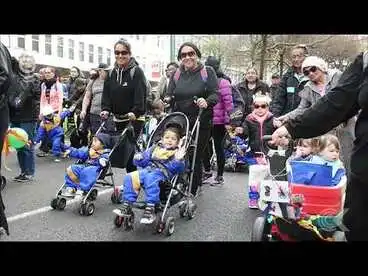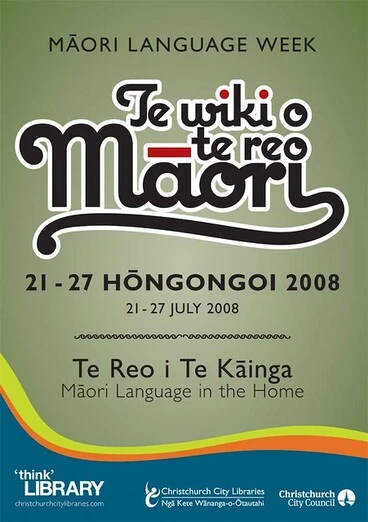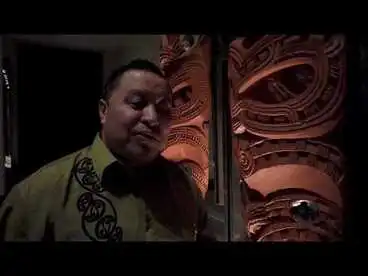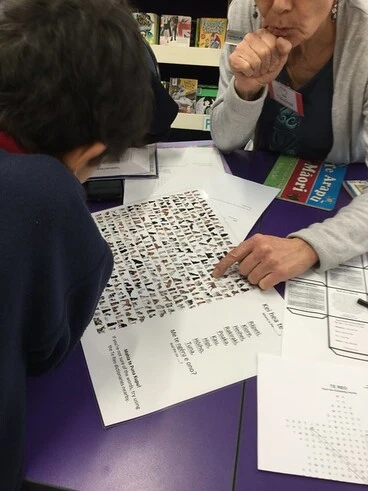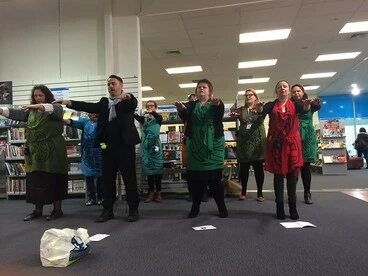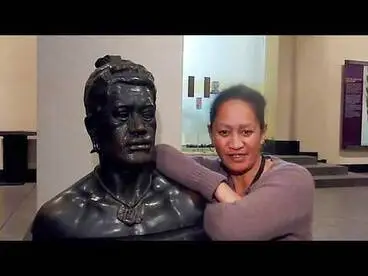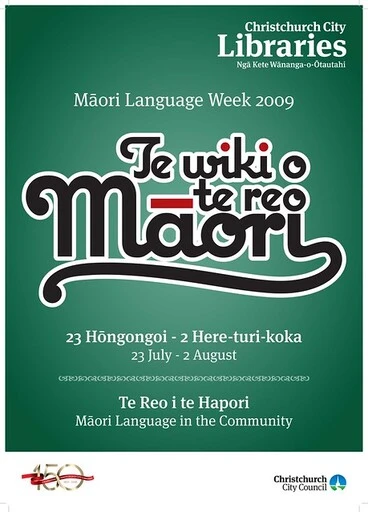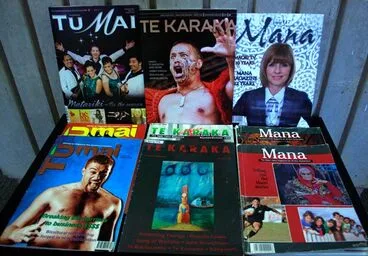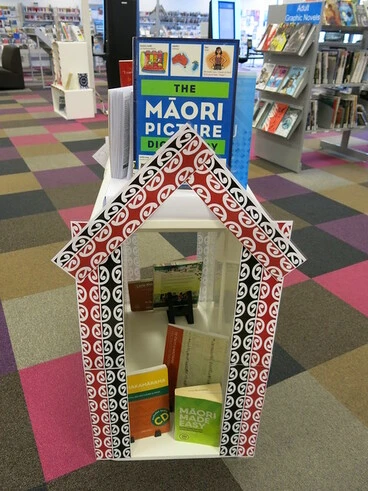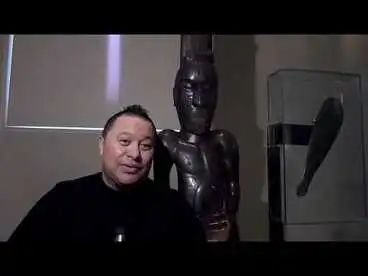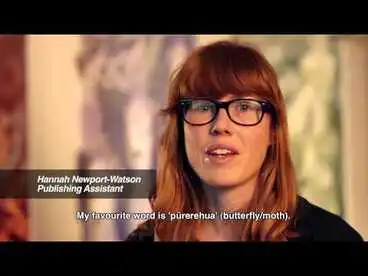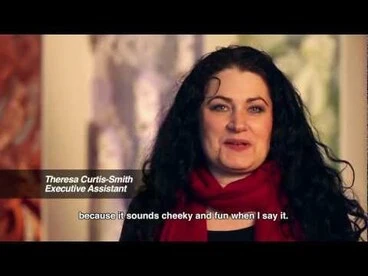In the last 200 years the history of the Māori language (te reo Māori) has been one of ups and downs. At the beginning of the 19th century it was the predominant language spoken in Aotearoa/New Zealand. As more English speakers arrived in New Zealand, the Māori language was increasingly confined to Māori communities. By the mid-20th century there were concerns that the language was dying out. As these articles below from the 1950s state, "Few issues concern the modern Maori more than that the country at large should show an interest in and a respect for his language."
TEACHING THE MAORI LANGUAGE - (Te Ao Hou - No. 24 October 1958)
Alexander Turnbull Library
COMMITTEE ON MAORI LANGUAGE APPOINTED - (Te Ao Hou - No. 26 March 1959)
Alexander Turnbull Library
HOW TO PRESERVE THE MAORI LANGUAGE - (Te Ao Hou - No. 22 April 1958)
Alexander Turnbull Library
In 1972, three groups, Auckland-based Ngā Tamatoa (The Young Warriors), Victoria University’s Te Reo Māori Society, and Te Huinga Rangatahi (the New Zealand Māori Students’ Association) petitioned Parliament to promote the language. A Māori language day introduced that year became Māori language week in 1975. Three years later, New Zealand’s first officially bilingual school opened at Rūātoki in the Urewera. The first Māori-owned Māori-language radio station (Te Reo-o-Pōneke) went on air in 1983.
Māori language petition
Manatū Taonga, the Ministry for Culture and Heritage
Māori language petition memo
Manatū Taonga, the Ministry for Culture and Heritage
Te reo Māori petition, 1972
Manatū Taonga, the Ministry for Culture and Heritage
Petition to introduce te reo Māori in schools, 1972
Archives New Zealand Te Rua Mahara o te Kāwanatanga
History of the Māori language - Te Wiki o Te Reo Māori - Māori Language Week
Manatū Taonga, the Ministry for Culture and Heritage
Nga Tamatoa at Parliament, 1972
Manatū Taonga, the Ministry for Culture and Heritage
The Māori Language Act 1987 made Māori an official language and set up Te Taura Whiri i Te Reo Māori, the Māori Language Commission.
Maori Language Commission with Koro Wetere
Alexander Turnbull Library
Māori Language Week protest march
Manatū Taonga, the Ministry for Culture and Heritage
Petition for Māori television
Manatū Taonga, the Ministry for Culture and Heritage
Here are some posters from Te Wiki o te Reo Māori's history.
Te wiki o te reo Māori: He Maramatanga
Archives New Zealand Te Rua Mahara o te Kāwanatanga
Māori Language Week poster
Palmerston North City Library
Māori Language Week poster
Palmerston North City Library
Over the years, various methods and technologies have been used to teach te reo Māori. Here are some examples below:
Teaching pre-schoolers Māori Language
Manatū Taonga, the Ministry for Culture and Heritage
Opening of Māori language immersion school
Manatū Taonga, the Ministry for Culture and Heritage
Māori language school class, 1991
Manatū Taonga, the Ministry for Culture and Heritage
Highbury Children Visit Kauwhata Marae
Palmerston North City Library
The rākau method
Manatū Taonga, the Ministry for Culture and Heritage
Nelson's first Maori language immersion school opens
Radio New Zealand
Māori Windows
Manatū Taonga, the Ministry for Culture and Heritage
'Nō te Mea...' cover & spread
Archives New Zealand Te Rua Mahara o te Kāwanatanga
Te Hiku Media teaches Siri te reo Māori
Radio New Zealand
Rakau Method
NZEI Te Riu Roa (New Zealand Educational Institute)
'Pūrerehua (Kahukura)' cover & spread
Manatū Taonga, the Ministry for Culture and Heritage
Kōrero Mai - Series Five, Episode One
NZ On Screen
Here are some language learning resources to help you for Māori Language Week 2018.
A Te Reo lessson
Radio New Zealand
Final session of language tips for te reo learners
Radio New Zealand
Ngā rā o te wiki - days of the week
Radio New Zealand
Te Wiki o Te Reo Māori - Greetings
Radio New Zealand
Ngā wāhi o Aotearoa - place names in Aotearoa
Radio New Zealand
Find inspiration from the stories of these New Zealanders and their journey in te reo Māori.
My te reo Māori journey: Derek Handley
The Spinoff
My te reo Māori journey: Guyon Espiner
The Spinoff
My te reo Māori journey: Anna Coddington
The Spinoff
Listen to these well known New Zealand artists talking about the use of te reo in their work.
Parades and community events are great ways to support Te Wiki o te Reo Māori.
Maori Language week parade in Wellington
Radio New Zealand
Thousands attend Māori Language Week Parade: RNZ Checkpoint
Radio New Zealand
Libraries and museums are great supporters and celebrators of Te Wiki o te Reo Māori. Here are some examples of activities in libraries and other communities organisations that celebrate Māori Language Week.
2008 Maori Language Week
Christchurch City Libraries
Pataka Kai: Hinana - Te Wiki o Te Reo Maori (Maori Language Week)
Auckland War Memorial Museum Tāmaki Paenga Hira
Māori Language Week, Hornby Library
Christchurch City Libraries
Ngā Manu Tioriori / Christchurch City Council's Waiata Group
Christchurch City Libraries
Whakapakoko tupuna - Te Wiki o Te Reo Maori (Maori Language Week)
Auckland War Memorial Museum Tāmaki Paenga Hira
2009 Maori Language Week Poster
Christchurch City Libraries
Māori magazines
Manatū Taonga, the Ministry for Culture and Heritage
Te Wiki o te Reo Māori display at Central LIbrary Peterborough
Christchurch City Libraries
Iwirakau, Poutokomanawa - Te Wiki o Te Reo Maori (Maori Language Week)
Auckland War Memorial Museum Tāmaki Paenga Hira
Māori Language Week at Te Papa 2012
Museum of New Zealand Te Papa Tongarewa
Māori Language Week at Te Papa 2012
Museum of New Zealand Te Papa Tongarewa
Part of the opening paragraphs of this story are taken from 'History of the Māori language', URL: https://nzhistory.govt.nz/culture/maori-language-week/history-of-the-maori-language, (Ministry for Culture and Heritage), updated 10-Oct-2017
TE WIKI O TE REO Māori 2018
Six parades were held during Te Wiki o te Reo Māori 2018 to celebrate te reo Māori. Kaumātua, nohinohi mai i tae ki te whakanui i te reo Māori. Information came out stating that over 50% of New Zealanders supported te reo in all schools. Although the word compulsory is being avoided by many Māori leaders it seems other New Zealanders are not so coy to state that they support compulsory reo in schools, ka mau te wehi! It may be needed if we are indeed aiming to have a million speakers of te reo by 2040. But wouldn't that be fantastic bringing te reo back from the brink of extinction, you go New Zealand, Kia Kaha te Reo Māori.
Govt sets goal for one million speaking te reo Māori by 2040
Radio New Zealand
Kupu: a new app for Māori Language Week
Radio New Zealand
Maori Language Week - to celebrate or debate?
Radio New Zealand
Aucklanders embracing te reo Māori lessons
Radio New Zealand
Kīwaha podcast celebrates Te Wiki o te Reo Māori
Radio New Zealand
Pat Old: 'My life is enriched by learning te reo Māori'
Radio New Zealand
How to learn te reo Māori with Anton Matthews
Radio New Zealand
The pain of not speaking Te reo Māori
Radio New Zealand
Mixed emotions as newspaper adopts Māori spelling
Radio New Zealand
Ministers rebuked over te reo Māori stance
Radio New Zealand
Te Wiki o te reo Māori: Day one with Guyon Espiner
Radio New Zealand
Wellington turns out for Te wiki o te reo Māori
Radio New Zealand
'Where do I fit in? I'm not Māori enough but I'm not white'
Radio New Zealand
'Nothing to fear' with free Māori lessons at Chch restaurant
Radio New Zealand
Māori heading back to school to learn te reo in large numbers
Radio New Zealand
Designing words in Te Reo - Ngahiwi Apanui
Radio New Zealand
Stories show te reo is alive and kicking
Radio New Zealand
Hundreds turn out again for te reo despite puhoro
Radio New Zealand
Te Karere celebrates 35 years
Radio New Zealand
Council urged to promote te reo around city
Radio New Zealand
Jacinda Ardern wishes she could speak te reo Māori
Radio New Zealand
Te reo Māori lessons paying off for leading NZers
Radio New Zealand
Kaitiaki reo Lee Smith on future of Māori language
Radio New Zealand
Te Wiki of Te Reo Māori: Dame Naida Glavish
Radio New Zealand
Tiki Towns: teaching practical Maori for Te Wiki o te reo Māori
Radio New Zealand
Auckland train announcements to be made in te reo Māori
Radio New Zealand
Heritage NZ to be enhanced by te reo Māori
Radio New Zealand
'Kia kaha te kōrero i te reo Māori' - Pou Temara
Radio New Zealand
Hundreds flock to free te reo Māori class in Christchurch
Radio New Zealand
The patterns of te reo Maori - Pānia Papa
Radio New Zealand
Living and breathing te reo Māori in Ruatoki
Radio New Zealand
Aucklanders take steps towards te reo Māori
Radio New Zealand



